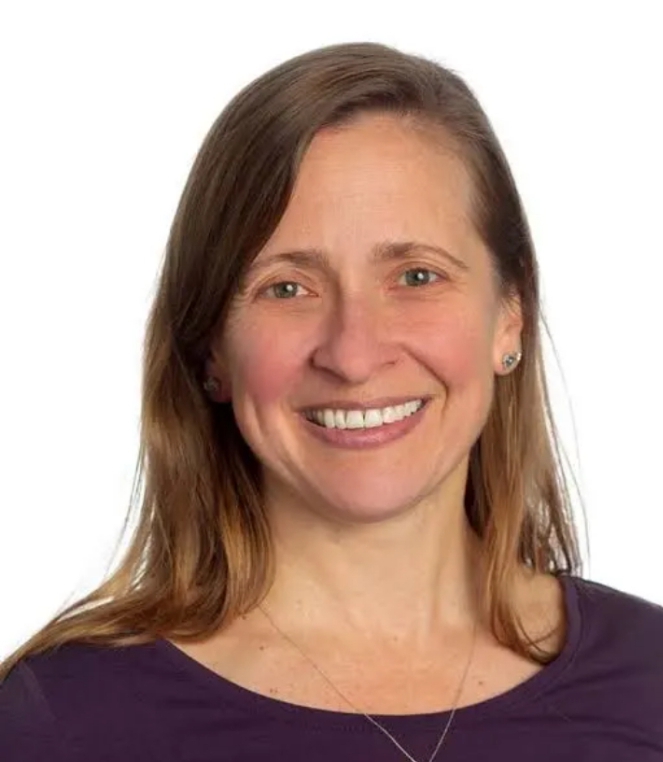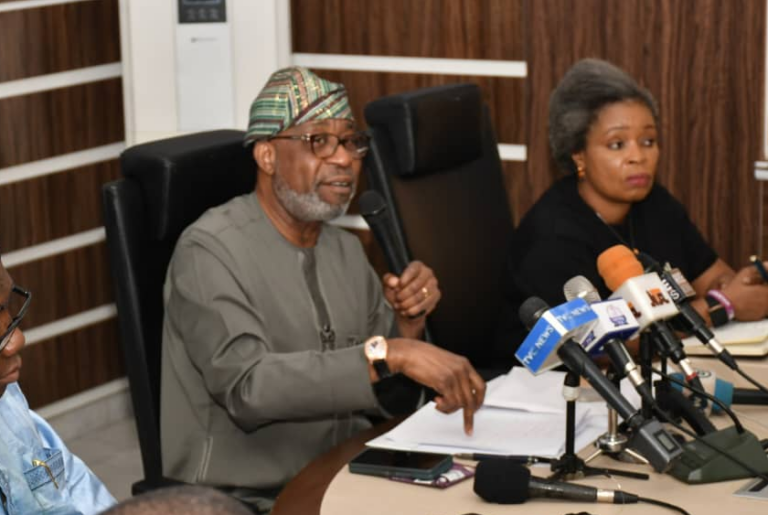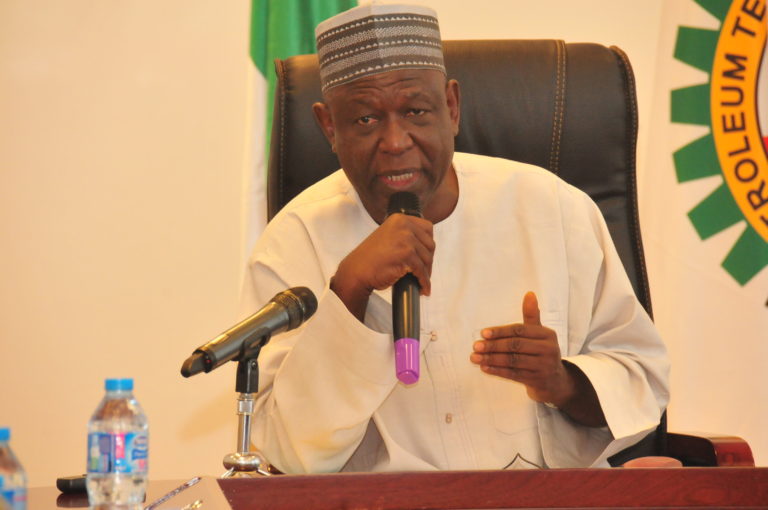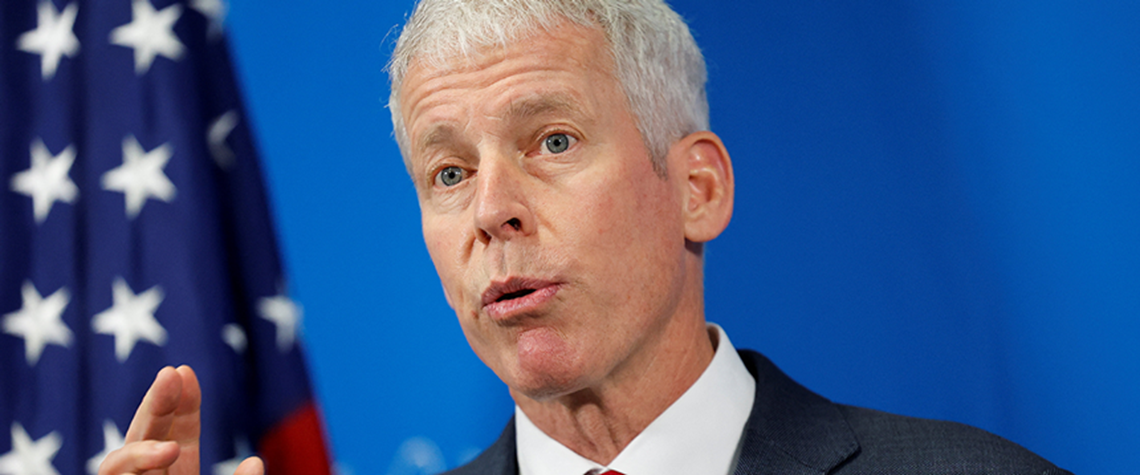The Petroleum Technology Development Fund (PTDF), has called for the creation of a single national platform for the co-ordination of all collaborative activities in human capital development in the oil and Gas sector.
The Executive Secretary of the Fund, Dr Bello Aliyu Gusau disclosed this in a statement issued by Mr Kalu Otisi, Head, Press and External Affairs, on Tuesday in Abuja. The News Agency of Nigeria (NAN).
According to the statement, Gusua made that call at the first National Education Summit organised by the oil and gas Trainers Association of Nigeria (OGTAN).
He noted that creation of single platform would lead to the provision of the skilled human capital resource requirement of the Nigeria oil and gas industry and to the sustenance of local content through quality education and training.
He said that human capital development was the panacea to the massive development needed in the oil and gas sector in the country.
He added that rapid advances in artificial intelligence, automation and human-machine interaction had not obscured the primacy of people in the running of oil and gas business.
The Executive Secretary noted that human capital was central to the development, performance and sustainability of resource and tools deployed in the industry
He noted that efforts must therefore be stepped up to recruit more talented oil and gas graduates to the industry and increase interest among current employees to sustain existing human resource pool.
“The question then becomes what can we do to ensure the development of the critical mass of human resources to satisfy the needs of the oil and gas industry and to then ensure the sustainability of Nigeria’s local content aspirations” he added.
He further identified the major obstacles to realising the objective to include absence of acceptable platforms for the development of skills and capacities for the industry, lack of effective co-ordination and silo approach to development of quality education and usable training.
“Interventions in research, development and human capital run into billions of dollars annually from all players, but these interventions are undertaken by each player in accordance with its determination and needs.
“ There is largely no co-ordinated approach to the development of these capacities or indeed even the education aspects of the capacity.
“There is hardly any acceptable data base of the skills or a hand book of the educational development requirements to fill identified human capacity gaps.
“While government agencies in the oil and gas, education and national planning sectors are all engaged in different aspects of determining education and skills requirements, private players in the industry are also doing the same to the extent of their needs and operational requirements,’’ he said
He said the resort to human capital importation which is against the local content law, was a consequence of lack of parity between national education and training interventions and the skills and competency requirements of the local oil and gas industry.








